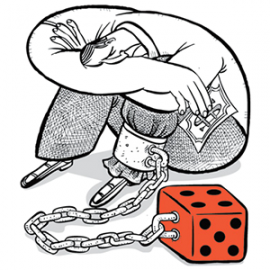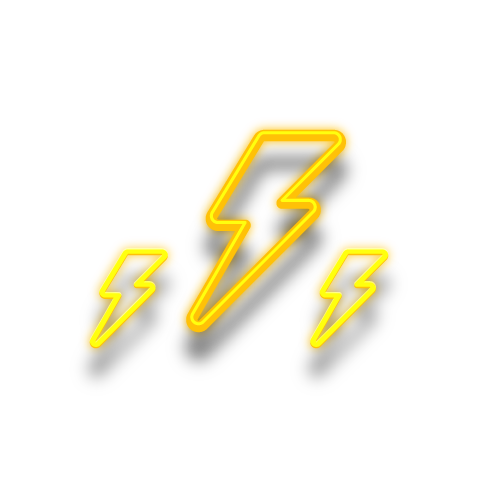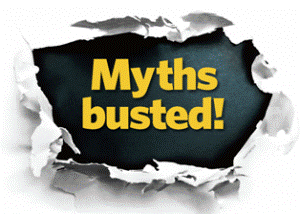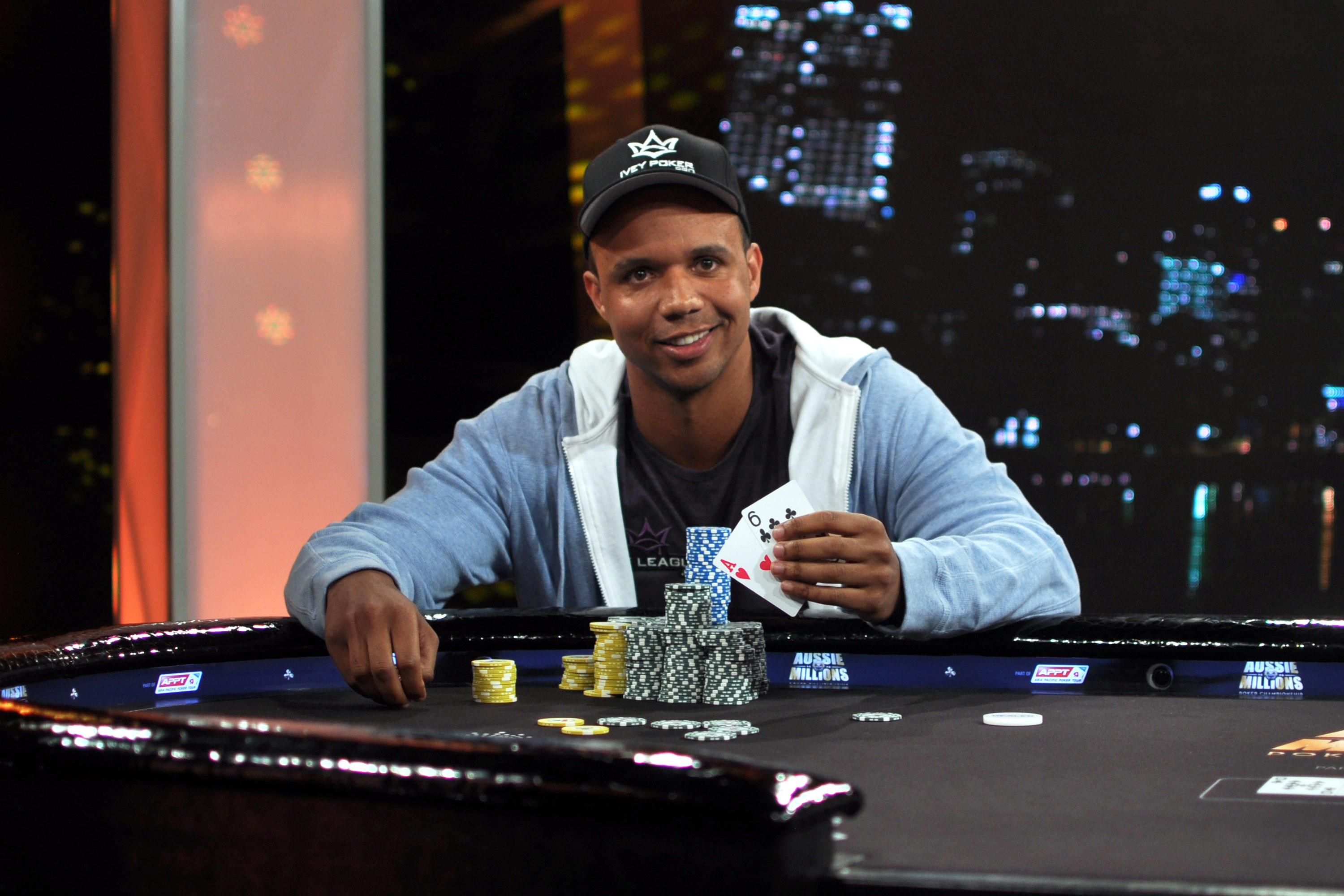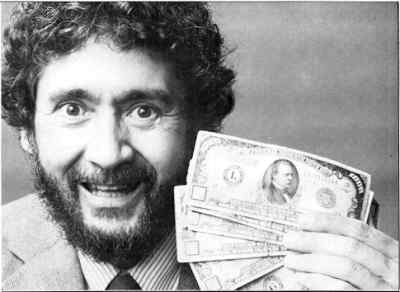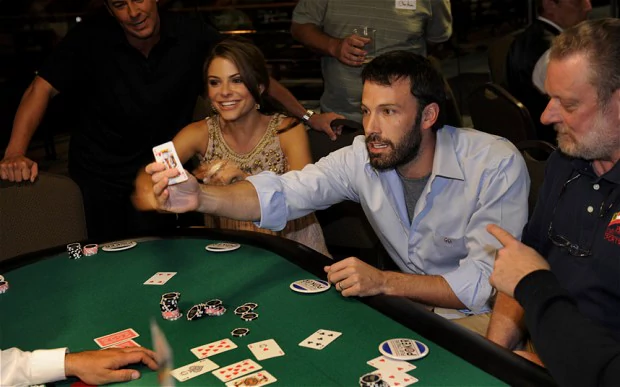In the 1974 movie The Gambler, James Caan who stars as a university professor with a gambling addiction receives the following lecture - from a poker dealer, nonetheless- on the lures and traps of walking into a casino.
“People that are addicted to gambling - what we would call degenerates. I've noticed there's one thing that makes all of them the same. You know what that is? […] They're all looking to lose.”
In other words and assuming there's no foul play or signs of a gambler's fallacy- punters are looking for a true experience of freedom: to make something from nothing only to have their gains and good fortune undone in the blink of an eye. To be stripped by all they own.
And, from the glamorous fall, they should derive a sense of redemption, shouldn't they?
This appeal of losing- the terrible plunge into self-destruction, the shattering of all self-control and self-restraint- has only recently caught the attention of addiction therapists and gambling experts.
At the time The Gambler hit the big screen, gambling had not yet been classified as an addiction. The American Psychiatric Association only identified it as a mental disorder in 1980.
However, the change of status did not carry an echo into a socially active approach towards addicts. And the numbers grew, especially once the Indian Regulatory Gaming Act sparked an inflation into available gambling venues.
Today, compulsive gambling touches up to 8.1 million adults in the U.S. alone, according to estimates from the National Council on Problem Gambling (NCPG).
Gambling Addiction Statistics in the U.S.
Many will discard gambling dependency as an urban myth, a Loch Ness monster that dwells deep in the confines of Nevada's parched desert ground and the accommodating realm of fiction, only to resurface once in a while when a special case of suicide resurrects public scrutiny.
Beyond the personal tragedies and the isolated mishappenings, there's a measurable social impact that frames the story of gambling addiction into a landscape of ominous odds.
- Up to 4 million Americans, or 1.6% of the adult population, have reached pathological levels of gambling dependency.
- Approximately 80% of the American population have tried their hand at gambling at least once in their lifetime.
- Between 5 and 8 million Americans are diagnosed by the American Psychiatric Association with a gambling addiction that is not of the pathological kind.
- One in five gambling addicts attempts suicide.
- Apparently, 20% of regular gamblers are pathological addicts. Casinos welcome their visits as their losses contribute to up to 60% of total gambling revenues.
- According to the International Centre for Youth Gambling Problems and High-Risk Behaviours at McGill University, 4% of teenagers worldwide display symptoms of an online gambling addiction.
- The same NCPG evaluates the financial toll gambling addiction is taking on the U.S.government to $6 billion per year. The estimates are derived from gambling addiction-related burglaries, child neglect, spouse abuse, suicide, bankruptcies, foreclosures, tax evasion, and embezzlement.
- Casino punters wager more than $37 billion annually in the U.S., more than Americans spend to buy music, attend sports events, or watch movies combined.
Admittedly, 99% of all statistics tell 49% of the story. So here it goes. Optimistically, the story is a bildungsroman of sorts, as it begins with a problem and ends with a resolution.
Below we're going to trace gambling addiction back to its roots when casinos, backed by the unknowing or uncaring authorities, normalized this breed of bad behavior, as well as deconstruct a few methods that helped others rein in their addictive need to wager.
Gambling Addiction Stories: A Dead Pool Bet
The question has been frequently asked. Why does an individual become a gambling addict? Do you just wake up one morning and decide you're going to hit the reels until you get back to sleep again, poorer both in years, piece of mind, and finances until you again try your lucky hand at blackjack or poker?
Brain imaging has long shown that a win registers on the neurological map as a cocaine-induced high. However, the habit doesn't just grow overnight. It needs careful and regulate feeding like you would do with any other life endeavour.
Junk sickness is such a performance of purpose. Testimonies of ambitious, self-taught narcotics like William Burroughs show it takes time- up to a year, maybe- and a serious investment to achieve the true status of a junkie.
So why engage in the long drawn, potentially lethal process if there are loopholes along the way that allow for narrow escapes? Let's hand the stage to William Burroughs again.
“You become an addict because you do not have strong motivations in the other direction. Most addicts I have talked to report a similar experience. They did not start using drugs for any reason they can remember. They just drifted along until they got hooked.”
The same mechanism applies to gambling addicts. For decades, psychology, neuroscience and genetics worked side by side to convene on the fact that gambling has the same claim at the addiction label as drugs and alcohol.
What causes addiction in the brain
- Biologically speaking, gambling addicts exhibit ventral striatial activation.
- The dopaminergic pathway in the brain regulates incentive salience, including motivation and reward. It will go all in during a game of stakes while the prefrontal cortex, which is responsible with rationalization and self-control, will prove the weaker player.
- Scientists also blame deficiencies in the levels of serotonin and norepinephrine for addictive gambling.
- Gambling addiction peruses all the stages of any other junk sickness, from cravings, loss of control, withdrawal pain, and relapse.
- Withdrawal translates into anxiety, insomnia, heart palpitations, and panic attacks.
- Gamblers with an addiction problem will ultimately develop a tolerance and experience a craving for ever higher doses of risk-taking and hours spent in front of a slot machine.
- Studies show that Parkinson's disease has a similar brain make-up to gambling and drug addictions. And, uncoincidentally, up to 7% of Parkinson's patients are also compulsive punters.
- Aside from the chemical constitution of a gambling addict, there's also environmental and societal factors to consider. A winning streak is usually a false incentive to continue wagering. Other stimulants include peer pressure, a tempestuous nature or depression.
- 80% of gambling addicts, if they do admit to their obsession, will not seek professional counseling or treatment.
- Casino patrons exhibiting signs of compulsive gambling may enter a trancelike state where several factors manifest themselves in complicity: the gambler's fallacy together with an uncontrollable urge to wager, enforced by the mermaid song of the slot machines.
What the world calls addiction, casinos define through the harmless euphemism of “continuous gaming productivity”. However, in preserving the eternal house edge, places of bets enslave their dependency-prone clientele to loss. Loss of money, loss of hope, and sometimes loss of life.
12 Signs of Problem Gambling
“Every form of addiction is bad, no matter whether the narcotic be alcohol, morphine or idealism.”- Carl Jung
Or, in the case on the discussion panel, gambling. Similar to other compulsive manias and impulse-control disorders, gambling addiction manifests itself under the same guise.
You walk into a casino and, no doubt about it, a seductive interior of a certain atmospheric quality like that of a tropical beach under a steady, fresh, sweet-scented rain acknowledges your presence and greets you with the unspoken words: stay and play!
Lights blinking, coins cascading to the sound of ka-ching, and perks like dirt-cheap food and free drinks provide too much of an enticing menu to resist.
Once you succumb to the décor, you're at the threshold of a dissociative state where time loses meaning and you lose track of your money.
The first score exhausted, you will crave for a second one. A little too late in the game, or hopefully not, you will be able to look back at the footprints of an uncontrollable obsession.
Otherwise, the moment you lost your footing is hard to pin down. Any of the following indicators read like a chapter in a story about gambling addiction.
- Feeling the urge to increase bets in order to sustain thrill.
- Failing to control the next hand even when on a losing streak. Denying your losses.
- Gambling to feel better about an unsatisfying reality or to reduce life's angst and anxieties.
- Skipping responsibilities such as work, family, education, social activities, and friends and replacing them with gambling.
- Neglecting expenses or relying on financial bailouts from others to gamble.
- Displaying an agitated behavior and other withdrawal symptoms such as irritability and restlessness when cutting back on gambling.
- Feeling overcome with guilt when gambling.
- Lying to hide your gambling habit.
- Endangering the future of your loved ones by overspending at casinos.
- Compromising relationships and trust in order to conceal your gambling problem.
- Stealing money from work or home, or betting with money you can't afford to lose.
- Taking increasingly bigger risks in order to sustain your gambling high.
Admit you have a problem before you bet your bottom dollar
In Men of a Certain Age, Ray Romano's brainchild TV series after the echoes of Everybody loves Raymond long faded into reruns, the characters mirror the writing staff’s lives all the way deep to the muddy details and the messy life choices ingrained in their celebrity status.
Ray Romano himself was no stranger to bad habits. The actor drew from real life experience when he played the part of Joe Tranelli, a divorced man with a deadpan stare and a gambling problem, and fighting a middle-life crisis.
Romano freely admitted to his gambling addiction and offered some tips that helped him overcome it. Referring to them as “mind bets”, the actor employed a reward and punishment system by which he would set a personal goal for himself on pain of sanctions if he didn't muster the will to achieve it.
“I set a personal goal, like, ‘If I don’t break a 90 at golf, then I can’t watch TV for a week,’ and I get as pumped up as if I had $1,000 on a bet,” he stated in an interview for the NYTimes.
The hardest step when confronting any kind of problem is to admit to its disruptive presence. The same goes for a troublesome wagering habit. One study shows that only 3% of gambling addicts seek treatment while the rest will not admit to having a problem in the first place.
Ray Romano not only adopted a customized technique to fight the lure of the casinos, but also sought help from professionals by calling the Gambler's Anonymous. Which brings us to the next step in the recovery programme.
How to recover from gambling addiction
The gambler's compulsive behavior is not as apparent to the untrained eye as with drugs or alcohol. After all, there are no external, physical signs that the individual is wrestling an addiction.
First move after you confront yourself with the reality of your addiction should involve confiding in your family and friends. Even those closest to you might have missed the severity of your wagering habit.
Gladys Knight had built a public persona as smooth and pre-eminent as her title, “Empress of Soul”, but her reputation as a gambler got ahead of her voice and made her the talk of Las Vegas as she used to bet as much as $45,000 per session at the baccarat table.
Her autobiography, “Between Each Line of Pain and Glory: My Life Story” is revealing in that aspect. No word about the Pips, but Knight fell into the pitfall of gambling in the late 1980s.
It was the moment when she decided to enroll in the self-help group Gambler's Anonymous, a twelve-step program conceived in a similar vein to Alcoholics Anonymous.
The U.S. hosts about 1,700 GA groups which can be located by state on their website. Other 86 cities worldwide also have Gambler's Anonymous support groups.
Professionals use cognitive behavioral therapy (CBT) in working with a gambling addict. The method helps the gambler build coping skills such as patience and resistance within incrementally longer pauses between gambling sessions.
In undergoing professional treatment, you may find the following U.S. organizations useful:
- Debtors Anonymous
- Gamblers Anonymous
- National Council on Problem Gambling
How to overcome addiction on your own
By relinquishing control of your money to a trusted advisor you will be cutting the lifeline of your gambling addiction. Keep yourself away from bank accounts and credit cards. Your wallet should only offer you the bare financial necessities.
In the aftermath of taking all of the above steps comes the dread of withdrawal. Symptoms such as restlessness, muscle aches, irritability and even insomnia will wage war on your power of tolerance.
Various temptations will gamble for your attention. If anything, the only thing you can bet on is your own willpower.
To distract yourself, take on a past hobby or indulge in a social activity that involves human interaction and less focus on money.
Moreover, it is of paramount importance that you seek debt management. If you're dealing with financial troubles, the last thing that should be knocking on your door is a reminder of those accumulated debts.
Otherwise, you'll be falling prey to loss chasing, the trap of gambling to win back money you've already lost.
Check-out from a Gambling Addiction
Once you're denying the validity of that gut feeling entertaining the illusion that your next big win is one slot machine away, you're already on the safe side of your gambling habit.
You might still have a chance to laugh your gambling addiction off with only a few financial bruises and emotional scars to mend. And while casinos, online betting venues, and sporting events are no dice to a former compulsive punter, life is packed with any other number of safe bets. Just take your pick!











